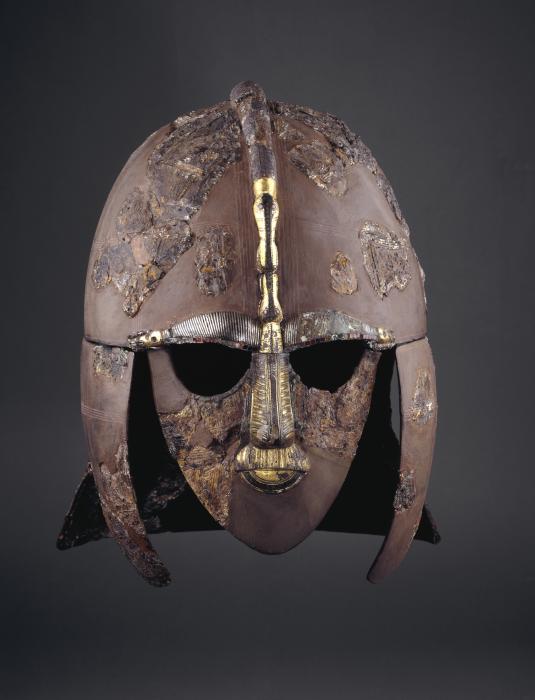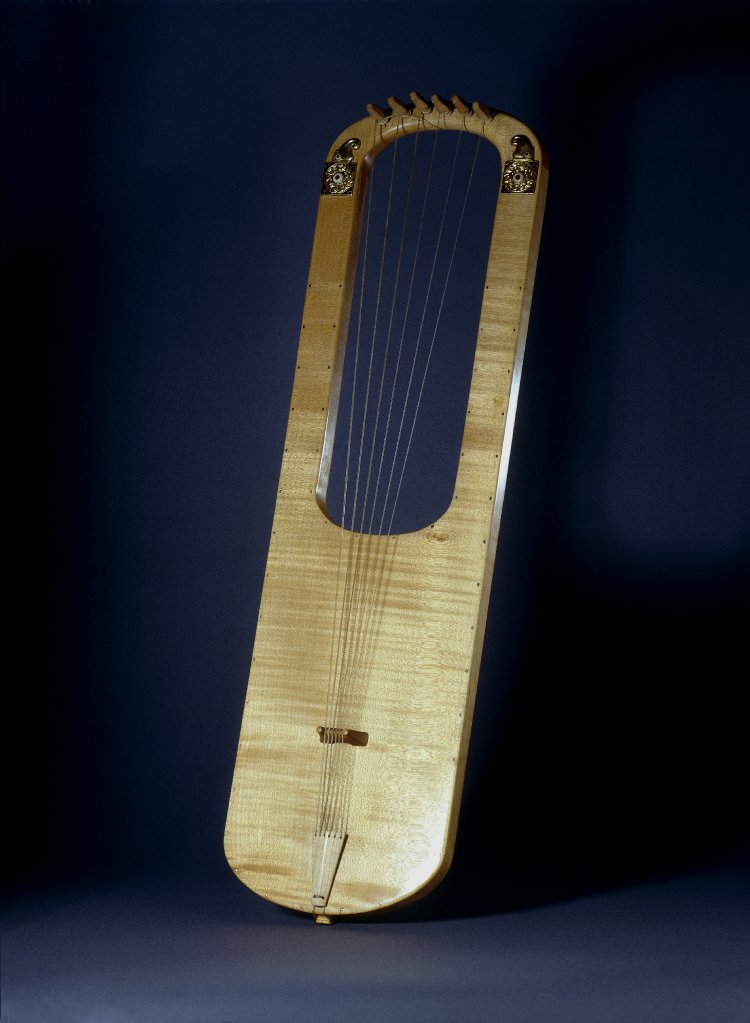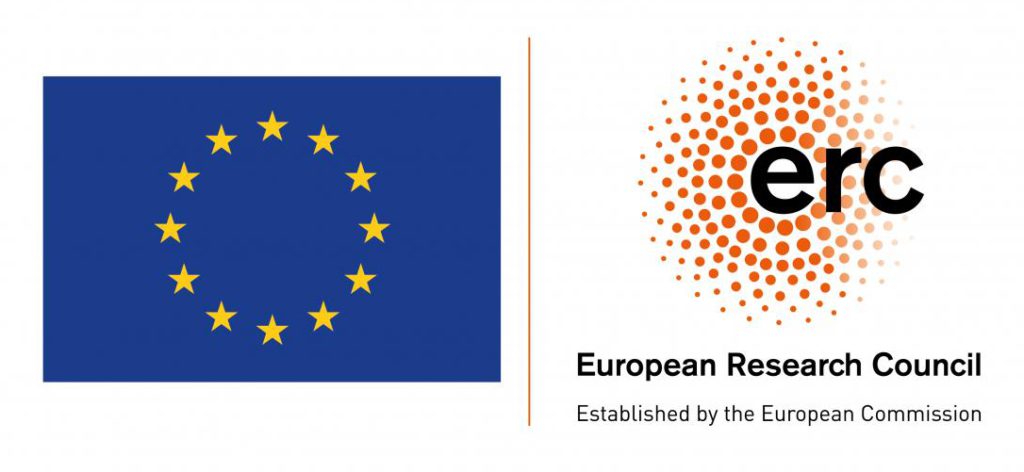Word-Hord: A Lexicon of Old English Verse, Compiled and edited by Andy Orchard
The Craft and Cunning of Anglo-Saxon Verse and Other Studies
Andy Orchard’s Sir Israel Gollancz Memorial Lecture for 2019 ‘Alcuin and Cynewulf: the Art and Craft of Anglo-Saxon Verse’ is now available in recorded audio and in written form - see the publications page for more details.
Thureth read by Dr Rachel Burns
The CLASP database is now live!
Anglo-Saxon England was an era of great cultural change – a transformation that we can follow through the vibrant poetry of the time. This project is ground-breaking because it brings together for the first time the most complete collection of Anglo-Saxon poetry in both Old English and Latin – and provides a Modern English translation for a wider audience to enjoy.

Sutton Hoo Helmet Europe. British Museum. CC BY NC SA 4.0 License.
As elsewhere in medieval Europe, Anglo-Saxon England saw a development from an oral, vernacular, native, and pagan culture to one that was largely literate, Latinate, imported, and Christian: that development is particularly clear with respect to Anglo-Saxon verse. CLASP will focus on all surviving verse of Anglo-Saxon England composed in Old English and Anglo-Latin over more than four centuries (c. 670–1100 CE), a corpus comprising almost 60,000 lines of poetry, with about half surviving in each language, and will produce for the first time a comprehensive online and interactive library, marked up through TEI P5 XML to facilitate the identification of idiosyncratic features of sound, metre, spellings, diction, syntax, formulas, themes, and genres across the corpus. Such identifications will forge connections and demonstrate chains of influence both within and between the two main literary languages of Anglo-Saxon England.

Replica lyre by Dolmetsch. British Museum. CC BY NC SA 4.0 License.
Unique to CLASP are its extra digital features that allow academics and hobbyists alike to read, understand and enjoy these works:
- Complete Modern English translation
- New system of phonetic markers to make (probable) pronunciation and rhythm easier to follow
- Unique Dictionary of Anglo-Saxon Poetry - with click-through from the words in the verses to their meanings and where they appear
- Cross-reference system of word and phrase use to infer chronology by tracking influence and language development
- Audio files from guest readers to bring the fantastic works to life for new audiences
Additionally, the academic team explores key themes in new articles and publications that result from this research work. Among the issues studied are: the distinctive nature of Anglo-Saxon verse; the choice of language; the shared techniques of poetic composition and how they evolved; evidence of patterns of influence and borrowing both within and between languages; and how aspects of poetic style developed over time. CLASP will use the full panoply of digital resources, including sound- and image-files where relevant, to make the oldest surviving poetry from Anglo-Saxon England available to a modern audience. In these ways, the project facilitates unprecedented kinds of exploration, comprehensive analysis, and interrogation.
This project has received funding from the European Research Council (ERC) under the European Union’s Horizon 2020 research and innovation programme (Grant No 695262).
